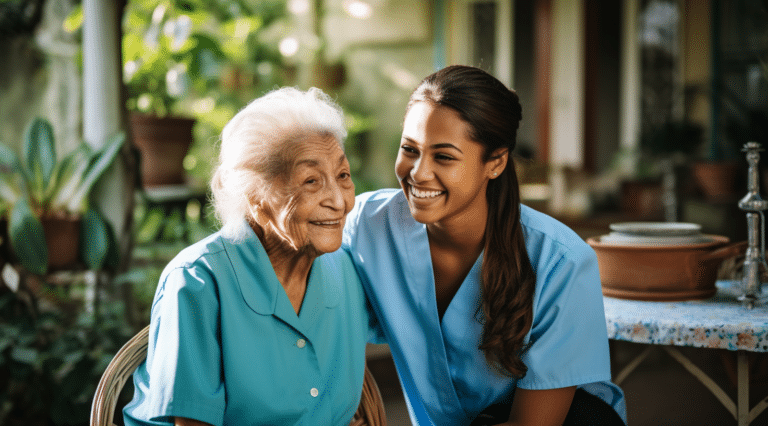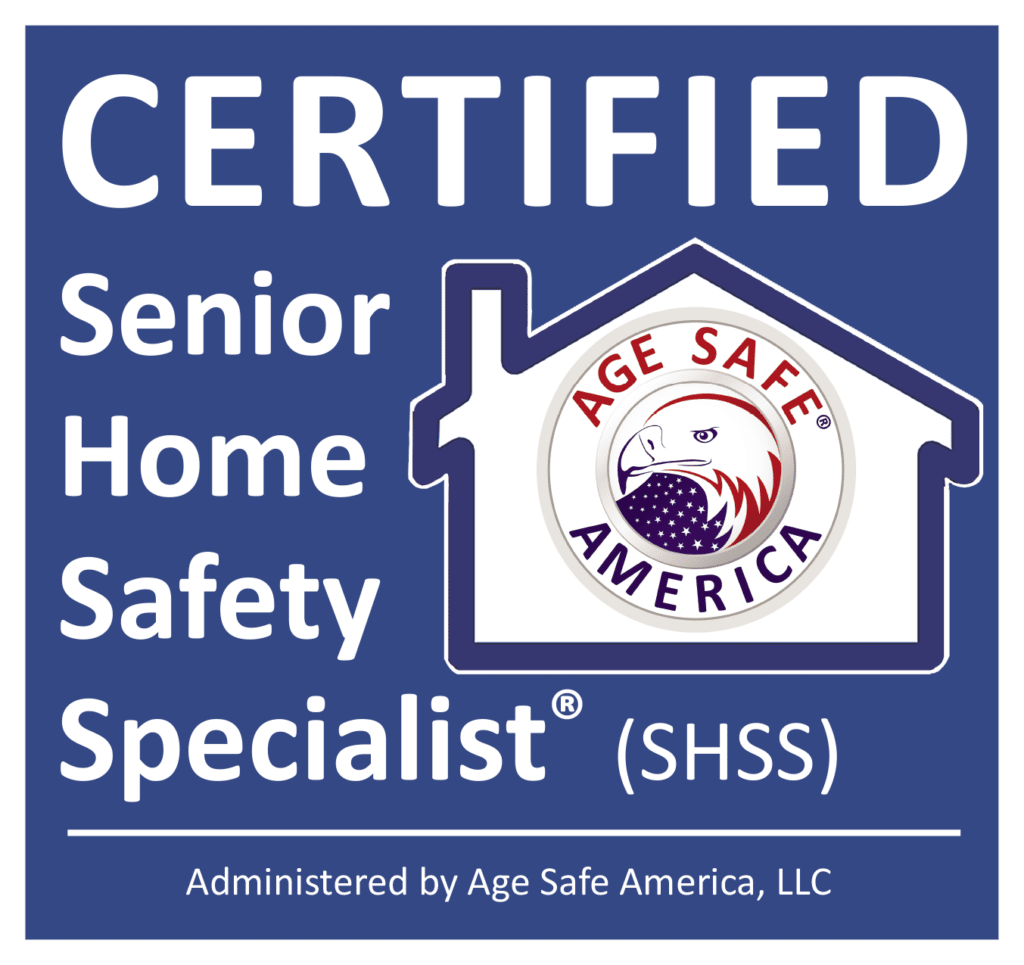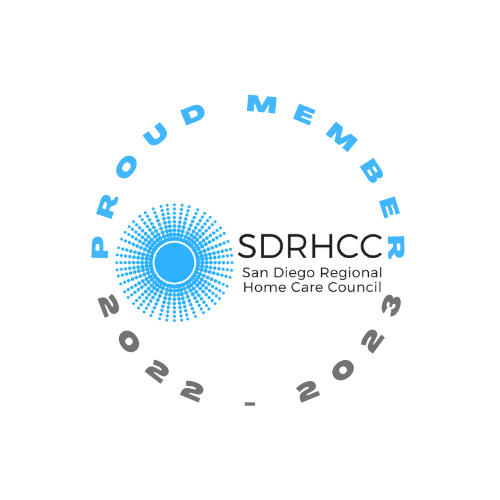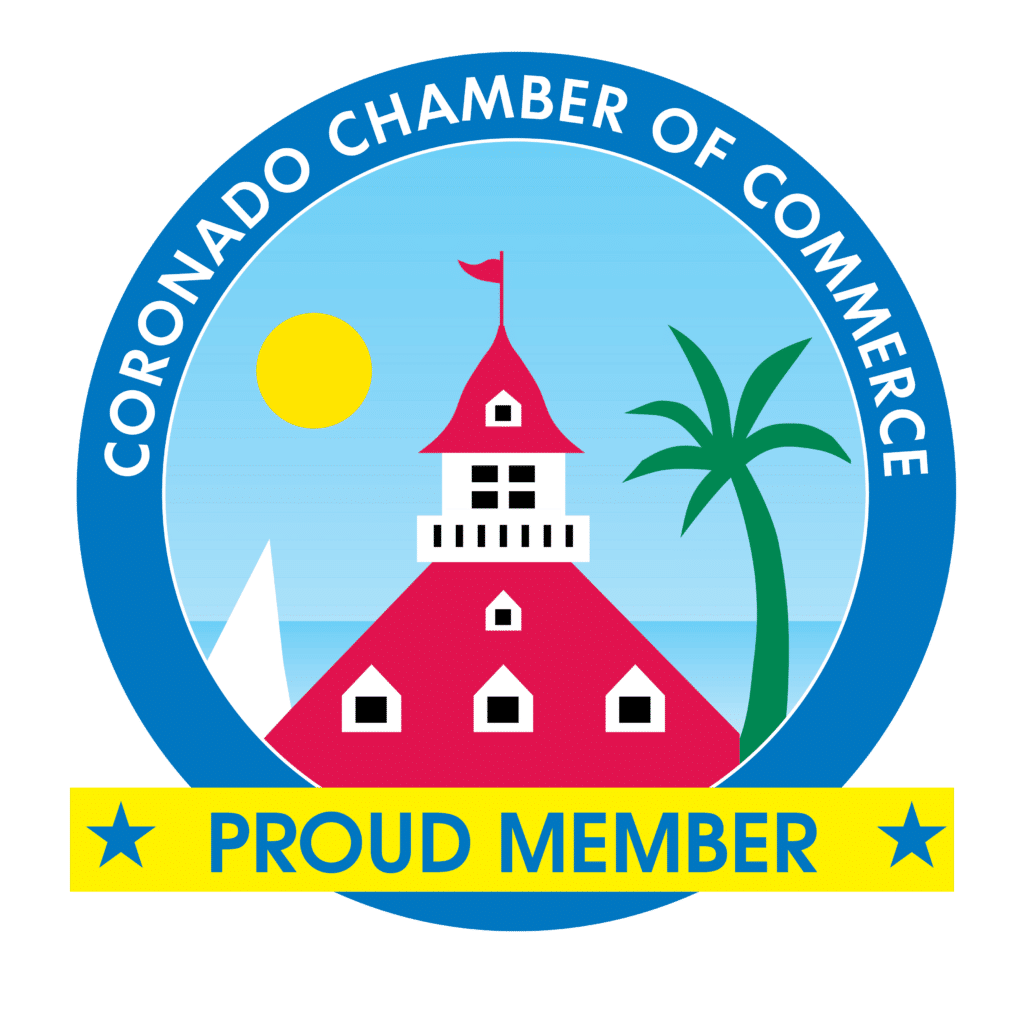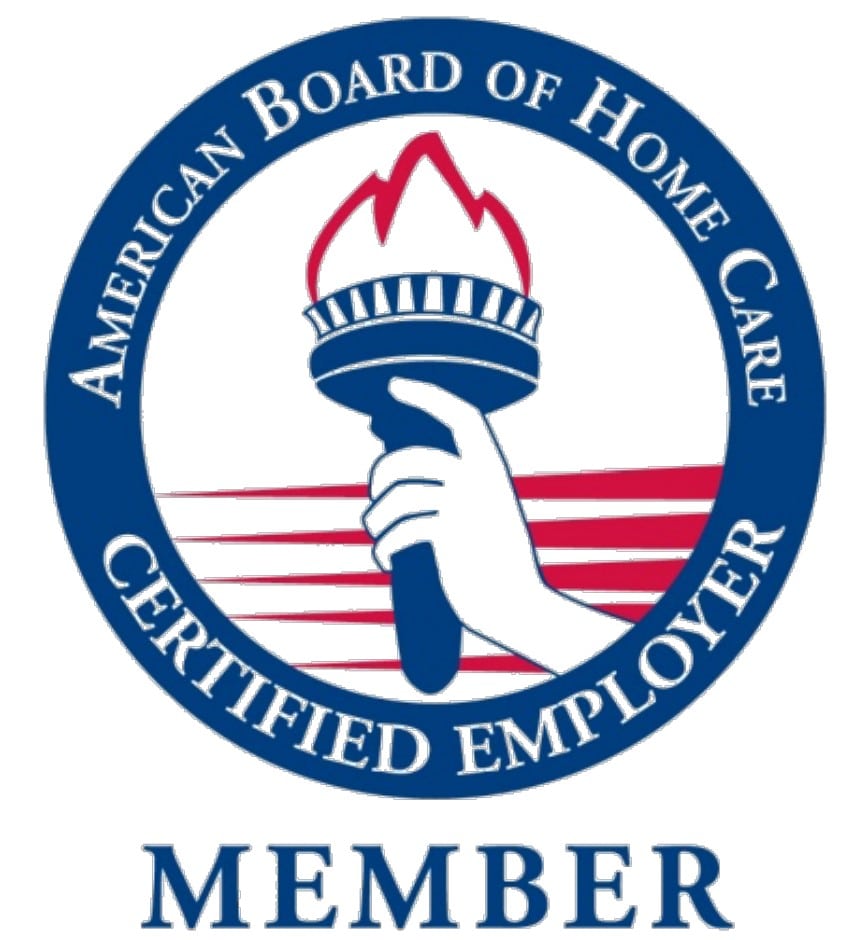Stroke recovery is a challenging and lengthy process that significantly impacts not just the stroke survivor but their entire support system. The road to recovery extends far beyond the confines of hospitals and rehabilitation centers, often continuing at home, where the environment is more personal and comforting.
Post stroke care plays a pivotal role in this journey, potentially improving outcomes and enhancing the quality of life for stroke survivors.
Below are four ways that post stroke care may improve recovery for aging seniors.
1. Tailored Rehabilitation Programs
Stroke recovery varies widely among individuals, depending on the stroke’s severity, the area of the brain affected, and the survivor’s overall health. A one-size-fits-all approach is seldom effective.
Post stroke care allows for highly customized rehabilitation programs to meet the unique needs of the individual. In collaboration with healthcare professionals, professional caregivers can implement and adapt rehabilitation exercises and routines directly in the home setting.
This tailored approach allows the survivor to receive focused attention, potentially speeding up recovery. Activities designed to improve motor skills, speech therapy exercises, and cognitive rehabilitation can be integrated into daily routines, providing a seamless recovery experience that is both efficient and comforting.
2. Emotional and Psychological Support
The aftermath of a stroke often includes significant emotional and psychological challenges, including depression, anxiety, and feelings of isolation. The importance of emotional support in the recovery process cannot be overstated.
Post stroke care provides a familiar environment where stroke survivors can receive compassionate care and encouragement. Caregivers can offer companionship, engage in conversation, and encourage activities that boost morale.
Also, being in a home setting allows friends and family to visit more easily, further enhancing the survivor’s social interaction and support network. This emotional nurturing can significantly influence a stroke survivor’s motivation and engagement in recovery, ultimately contributing to better outcomes.
3. Prevention of Secondary Complications
Stroke survivors are at an increased risk for secondary complications, including falls, pressure ulcers, and infections. Post stroke care includes meticulous attention to preventing these complications.
Caregivers are trained to assist with mobility, ensuring safe transfers and ambulation within the home, thus reducing the risk of falls. They also possess the knowledge to recognize early signs of potential complications, such as pressure ulcers, in individuals who are bedridden or have limited mobility.
By providing regular, skilled care, caregivers can significantly reduce the likelihood of these secondary issues, promoting a smoother and safer recovery process.
4. Nutritional Support and Medication Management
Nutrition plays a vital role in stroke recovery, supporting the body’s healing and rehabilitation efforts. A balanced diet tailored to the survivor’s specific health needs can aid in the recovery process.
Post stroke care professionals can assist with meal planning and preparation, ensuring that the diet is nutritious and considering any swallowing difficulties or dietary restrictions the survivor might have post-stroke. Proper hydration and nutrition can enhance physical recovery and overall well-being.
Medication management is another critical aspect of post stroke care. Stroke survivors often leave the hospital with new medications, making proper administration crucial to prevent another stroke and manage other related health issues.
Home caregivers can help organize medications, ensure they are taken correctly and on time, and monitor for side effects. This level of support is vital for maintaining the health and safety of the stroke survivor, potentially preventing hospital readmissions.
Proper home care cannot be underestimated in the context of stroke recovery. By providing customized rehabilitation, emotional and psychological support, preventative care for secondary complications, and assistance with nutrition and medication management, post-stroke care addresses the holistic needs of stroke survivors.
This comprehensive approach supports physical recovery and nurtures the emotional well-being of stroke survivors and their loved ones, contributing to a more effective and compassionate recovery journey.
As home care continues to evolve, its role in facilitating successful stroke recovery becomes increasingly significant, offering hope and support to those navigating the challenges of life after a stroke.
If you or an aging loved one are considering Post Stroke Care in La Jolla, CA, please contact the caring staff at Aaron Home Care. (619) 880-5522
A Trusted Home Care Agency Serving La Jolla, Pacific Beach, Point Loma, San Diego, UTC, La Mesa, Chula Vista, Coronado, Bonita, Eastlake, and the surrounding areas.
In 1999, Aaron was named Residential Program Manager of a group home for disabled adults in Arlington, Virgina. Here, he built a reputation for being compassionate with his clients and efficient in company operations. In the years that followed, Washington DC’s human services field went through unprecedented reform when the city was fined $11 million for the previously unchecked abuse, neglect, and exploitation of the very population it was supposed to protect. In 2005, Aaron was selected by a watchdog company to co-create and implement a monitoring system to safeguard and advocate for the system’s most vulnerable residents. This system is still in use today.
Aaron is now using his unique gifts and profound experience in the human service field to provide San Diego County Seniors with dependable, compassionate caregivers through Aaron Home Care.
He currently serves on the board of the San Diego Regional Home Care Council and is an active member of the Senior Advocate Network of San Diego.
Aaron Home Care is a member of the American Board of Home Care and is accredited by the Better Business Bureau.
- What Factors Put a Person at Risk For Parkinson’s Disease - May 23, 2025
- Five Contributing Factors to Difficult Alzheimer’s Disease Symptoms - May 7, 2025
- Sarcopenia Symptoms and Help for Seniors - April 28, 2025
